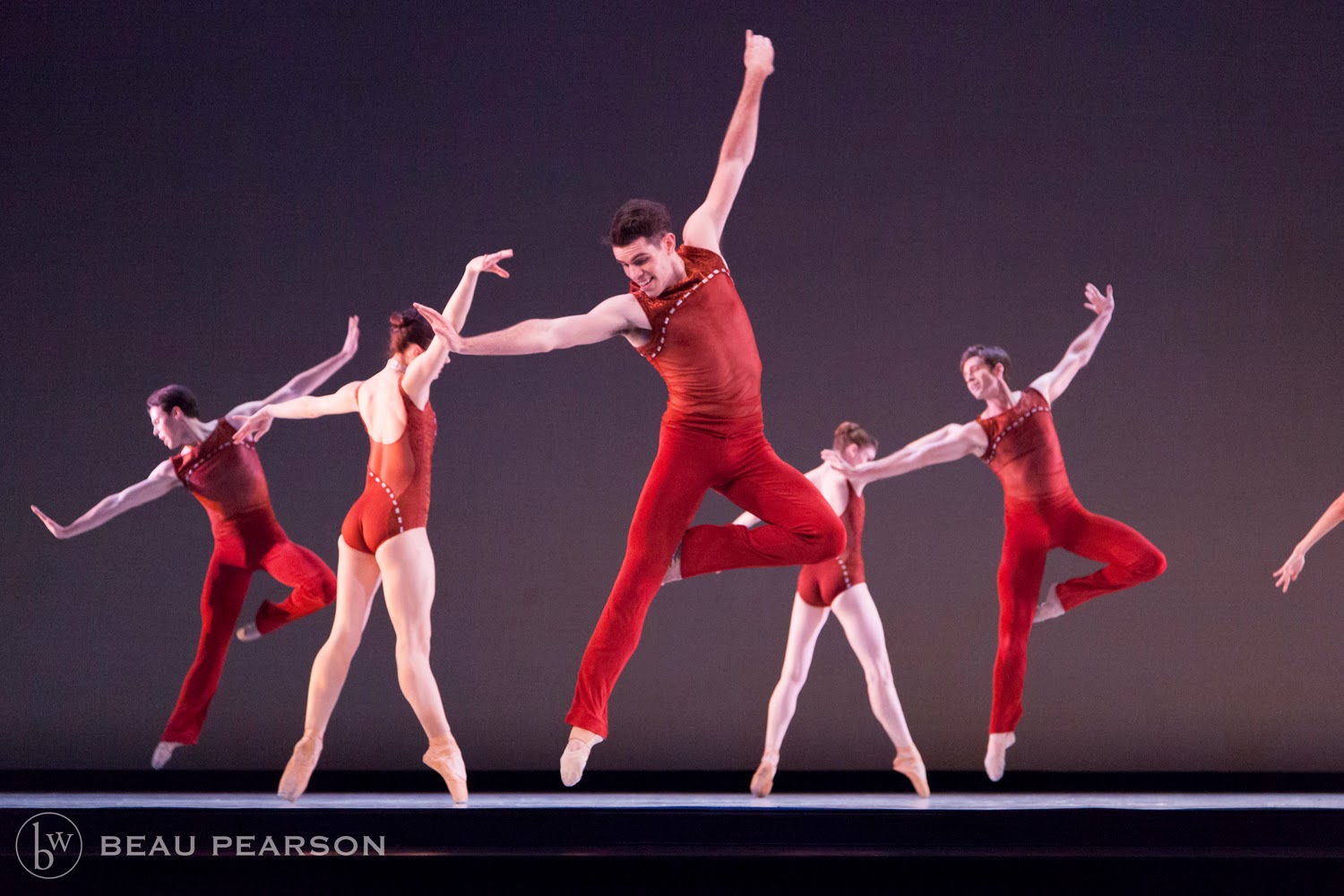For any living composer, the question of 'influences' is just as important as it is to any musical artist. Other music-makers have helped to form our conception of what music can and should be. This is not only an inevitable result of musically growing up, but also a healthy process that every good musician experiences. I've said
before,
"If you want to write good music,
you've got to listen to better music.
If you want to write great music,
you've got to listen to the best music.
If you want to write the greatest music,
you've got to listen to God."
Ah, the polemical statements of youth! I still agree with myself, however. This pursuit for the best and divine in music has informed my whole musical outlook since I first knew that I would be a composer. It has also led me to specialize my knowledge in a rather esoteric and obscure genre of music. It's hard to define - 'modern classical music' or 'contemporary art music' or 'non-vernacular music' or even 'avant garde/experimental music' - in any case, this is the music that the composers of today are writing, though ideas of genre and category are increasingly fuzzy.
What it comes down to is that there are relatively few people in the whole world, most college trained musicians included, with whom I could hold a completely knowledgeable conversation about all of the composers who influence me. Even with my very smart professors, there are still discrepancies: They've barely heard of some of the composers who are my greatest influences, (Norgard, Gubaidulina, Schnittke) while I know very little about some of composers they idolize (Partch, Birtwistle). In all of this I don't mean to neglect the large and ongoing impact of jazz and popular music in my development.
I'd like to do a little questionnaire, in the spirit of the great email personal surveys of days gone by, only with the aim of disclosing my musical influences and revisiting the history of these influences on my music. Hopefully any reader will become more interested in this great music that means so much to me, and at least gain a better understanding of where I come from musically. I intend to break this up into several different entries.
Let me know if you have any questions along the way or if there is any music in particular that you'd like me to focus on in more depth in later entries.
 Here's a little blurb I've been meaning to post from BYU's newspaper, about Fall 2010's student composer concert. You may have to enlarge your screen to see it...
Here's a little blurb I've been meaning to post from BYU's newspaper, about Fall 2010's student composer concert. You may have to enlarge your screen to see it...



